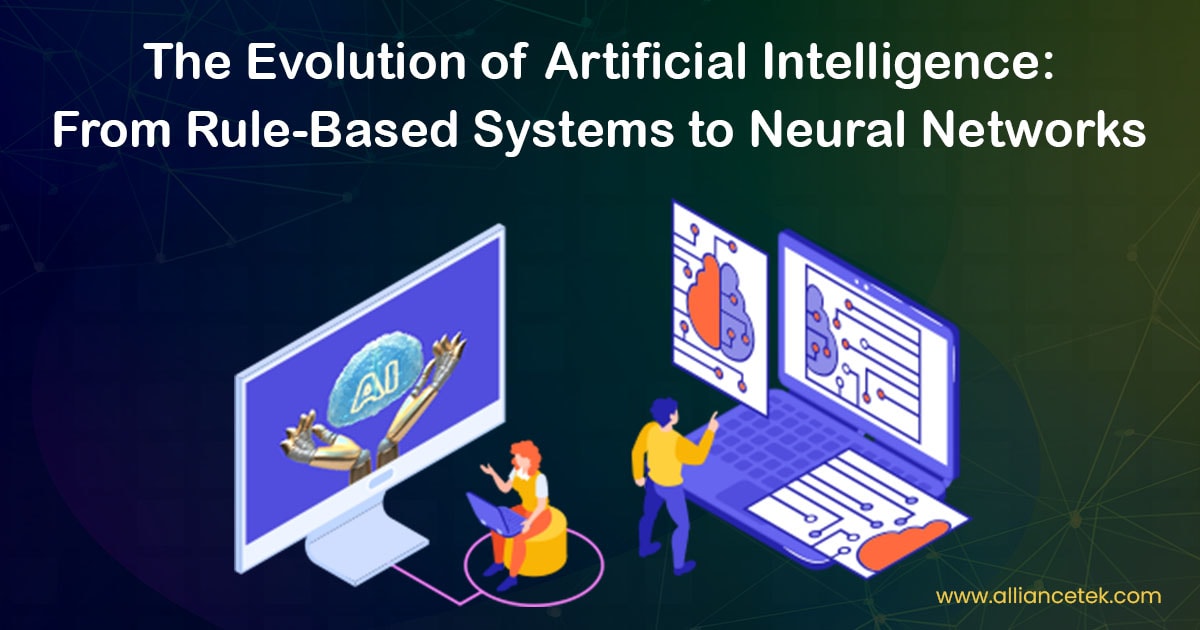
In today’s edition of Leadership Focus, Simon Nash, the Group Managing Director of Law at Work, delves into the increasingly complex relationship between artificial intelligence (AI) and the modern workplace. As AI technologies are rapidly integrated into business operations, they are reshaping not only how work is done but also the legal and ethical frameworks that govern the employer-employee relationship.
Nash points out that while artificial intelligence offers businesses unmatched efficiencies and data-driven decision-making capabilities, it also raises significant challenges. These tensions are particularly evident in areas such as employee surveillance, data privacy, hiring biases, job displacement, and the broader implications for compliance with employment laws.
For example, tools leveraging AI in the recruitment process may unintentionally embed algorithmic bias, leading to potential discrimination claims. Similarly, employee-monitoring systems powered by AI can raise privacy concerns, especially when used without transparent policies or employee consent. These developments, according to Nash, call for urgent attention from HR professionals, legal advisors, and policy makers.
Furthermore, Nash emphasizes that businesses must strike a delicate balance between innovation and regulation. Companies eager to harness the power of AI must also ensure they remain legally compliant and ethically sound. This includes maintaining transparency with employees about how AI tools are being used, assessing the risks associated with these technologies, and updating workplace policies to reflect new realities.
As AI continues to evolve, Nash suggests that organizations need to adopt proactive strategies—developing internal guidelines, training staff, and consulting legal experts—to navigate the increasingly blurred lines between technology and traditional workforce considerations.
In conclusion, the rapid adoption of artificial intelligence presents both opportunities and regulatory risks. Leaders like Simon Nash advocate for informed, ethical, and legally sound approaches to integrating AI in the workplace, ensuring that technological progress does not undercut workers’ rights or well-being.
Source: https:// – Courtesy of the original publisher.








